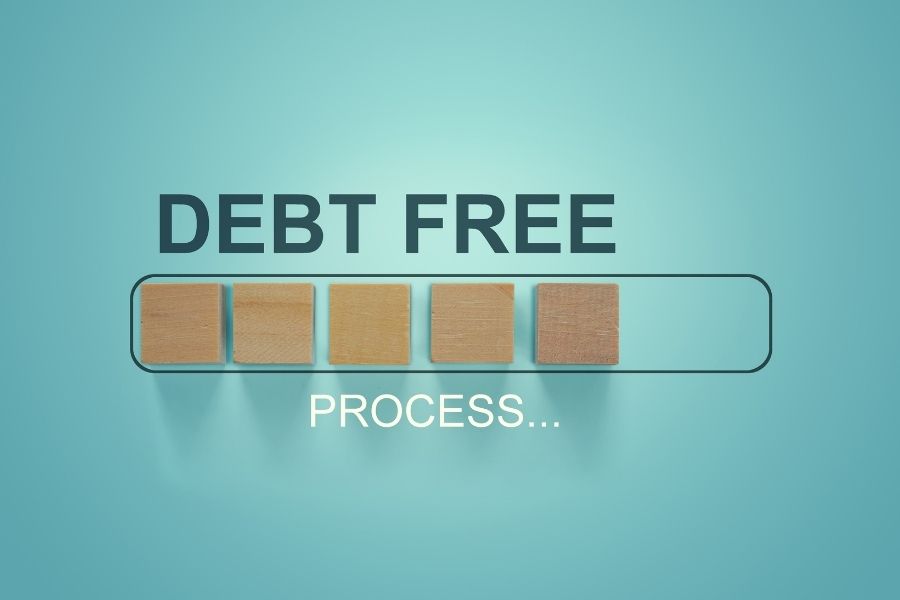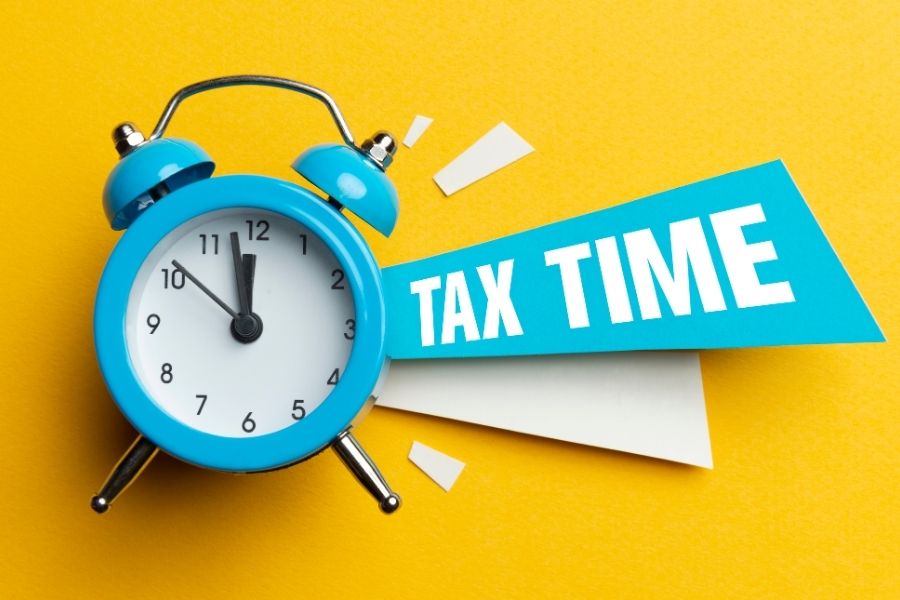The relationship between inflation and recessions is one of the most critical dynamics in economics. While they may seem like opposing forces—one characterized by rising prices and the other by economic decline— inflation and recession are deeply interconnected. Understanding how inflation can lead to a recession and how recession can, in turn, affect inflation is key to making informed financial decisions.
Inflation and recession are often linked because uncontrolled inflation can create economic instability. Here’s a quick breakdown of how this can occur:
1. Central Banks Raise Interest Rates to Fight Inflation
When inflation rises too quickly, central banks often respond by increasing interest rates to slow down spending and borrowing. Higher interest rates:
- Make it more expensive for consumers to take out loans (e.g., mortgages, auto loans, and credit cards).
- Reduce business investments as companies cut back on borrowing.
- Lower consumer spending, which can lead to a decline in business revenue and job losses.
2. Cost of Living Rises, Reducing Consumer Spending
As prices for housing, groceries, gas, and healthcare rise, people have less disposable income. This decline in spending can slow down economic growth and contribute to a recession.
3. Business Profits Decline, Leading to Layoffs
When inflation drives up the cost of production, companies may be forced to cut jobs or reduce wages to maintain profitability. Higher unemployment rates further reduce consumer spending, creating a downward economic spiral.
Now that we understand how inflation can contribute to a recession, let’s look at how recession can, in turn, help reduce inflation by slowing economic activity:
1. Lower Consumer Demand
During a recession, job losses and declining wages cause people to spend less. With reduced demand, businesses may be forced to lower their prices.
2. Reduced Business Expansion and Wage Growth
Companies struggling in a recession are less likely to expand or raise wages. As a result, inflationary pressures from wage increases are reduced.
3. Lower Interest Rates to Stimulate Growth
Once inflation is under control and the economy slows, central banks may cut interest rates to encourage borrowing and investment, helping to pull the economy out of recession.
How Inflation and Recessions Impact Everyday Life
For individuals:
- Inflation makes everyday expenses more costly, while a recession can threaten job security.
- Higher interest rates make borrowing more expensive, but recessions may lower home prices and create investment opportunities.
For Business:
- Rising costs due to inflation can reduce profit margins, while a recession can lead to declining sales.
- Businesses may struggle with higher operating costs and lower consumer demand in different economic cycles.
For Governments:
- Inflation reduces the real value of public debt, but a recession increases government spending on unemployment benefits and stimulus programs.
- Policymakers must carefully balance inflation control and economic growth to avoid prolonged economic downturns.
Understanding the link between inflation and recessions can help individuals, businesses, and policymakers navigate economic uncertainty. While inflation can trigger a recession by reducing consumer purchasing power and increasing interest rates, recessions can help slow inflation by decreasing demand.
By staying informed and implementing smart financial strategies, you can protect yourself from the negative effects of both inflationary periods and economic downturns. Whether you're saving, investing, or running a business, being proactive is the key to financial resilience.






